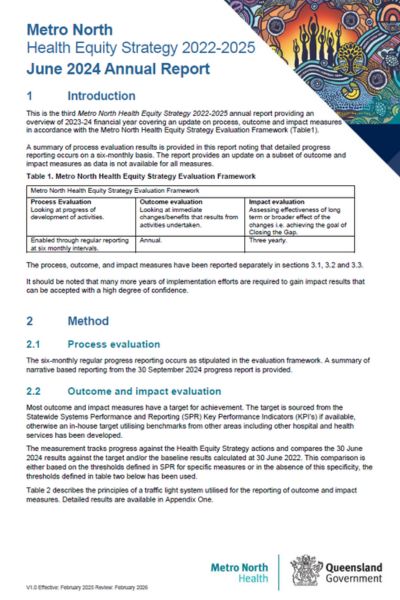Our priorities
The Metro North Health Equity Strategy 2025–2028 is structured around key strategic actions rather than separate key performance areas (KPAs). This reflects a shift in focus from siloed priorities to integrated actions.
While KPAs 1 to 5 remain important, they are now embedded across all strategic priorities, ensuring a coordinated and holistic approach to achieving health equity for Aboriginal and Torres Strait Islander peoples. This alignment strengthens accountability and promotes system-wide impact across every action delivered.
Metro North Health Equity strategic priorities:
- There is zero experience of racism within Metro North Health.
- Creating safe hospital and healthcare services for Aboriginal and Torres Strait Islander people.
- Develop and enhance culturally safe, co-designed innovative care models.
- Sustain culturally safe, data driven equity.
Key performance areas (KPAs)
ELIMINATE RACISM
Actively eliminating racial discrimination and institutional racism within the service
Racism is a key structural determinant of Aboriginal and Torres Strait Islander peoples health inequity. Institutional racism refers to the ways in which racist beliefs attitudes or values have arisen within, or are built into the operations and/or policies of an institution in such a way that discriminates against controls or oppresses, directly or indirectly, a certain group to limit their rights; causing and/or contributing to inherited disadvantage.
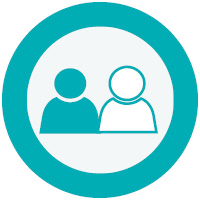
ACCESS
Increasing access to healthcare services
First Nations people continue to have lower access to health services than other Australians for a range of reasons including: experiences of racism within healthcare settings, barriers relating to cost, a lack of culturally respectful and culturally competent health services, lack of transport, and distance to services.
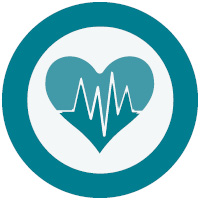
CULTURALLY SAFE AND RESPONSIVE SYSTEM
Delivering sustainable, culturally safe and responsive healthcare services
Growing the size, capacity and capability of the Aboriginal and Torres Strait Islander public health sector workforce will improve the cultural capacity of the system, whilst also helping to address the social and economic determinants of health. This growth across all levels and employment levels will increase the cultural capability of service provision whilst also ensuring services have a representative and diverse workforce.
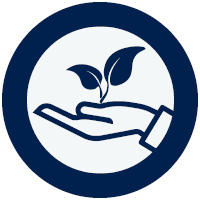
SOCIAL DETERMINANTS OF HEALTH
Influencing the social, cultural and economic determinants of health
Approximately one-third of the health gap for the Aboriginal and Torres Strait Islander peoples is linked to the social determinants of health. Given many health inequities are created before patients reach healthcare services, it is critical that service providers work alongside and with other organisations to improve not only health outcomes but also the social, cultural and economic determinants of health.
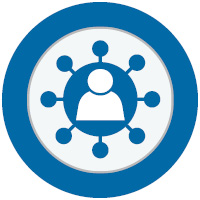
WORKING WITH ABORIGINAL AND TORRES STRAIT ISLANDER PEOPLES
Working with Aboriginal and Torres Strait Islander peoples, communities, and organisations to design, deliver, monitor and review health services
Improving and increasing the level of engagement with Aboriginal and Torres Strait Islander peoples, communities and organisations will enable improved effectiveness and health outcomes of programs, as well as increasing collaboration across the system enabling a better interface between primary and acute care.

Contact us
Health Equity Program
Phone: (07) 3170 4446
HealthEquityMNH@health.qld.gov.au
Visit our Facebook Page
Join the conversation #ourhealthourway #forcommunity via the Better Together Health Van Facebook page
“I want to reinforce our commitment to strengthening relationships, listening to, and learning from the community we serve, and working towards health equity in true co-design, at all stages of health care services development and planning to ensure we are providing high-quality person centred care that is culturally responsive, empowers self-care and choice, and is designed to improve health and wellbeing.”
“If we get this right for Aboriginal and Torres Strait Islander people, we’ll get it right for every patient, every community member that comes into our health service.”
“Health Equity for me, my family and community is about making sure that we’re able to access services without fear.”
“Health Equity is not just for Aboriginal and Torres Strait Islander people, it’s for non-Indigenous people to understand what we go through as well.”
“With this journey now, we need to keep on doing. It’s not moving as quickly as it should be, but we are getting there.”
“We can’t do things alone. From your doctors, your surgeons, your medical staff, all the team – we’ve got to be involved.”
“I am proud of who I am and that I’m an Elder in the local community. Because of my life experiences I know of the changes within the health services, especially where mob are concerned. The health eq4uity journey is exciting. Being an Elder I expect the respect that I deserve and am always willing to give advice when and where it is needed.”

